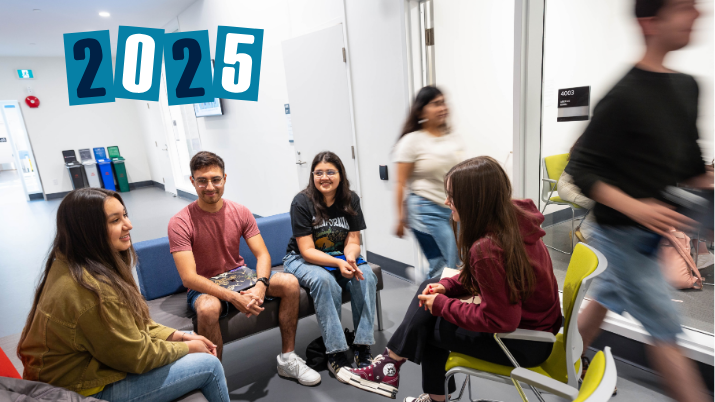

FEATURING
Dr. Tom Griffiths, Professor of Psychology and Cognitive Science at Princeton University
TITLE
Modeling cognitive processes as the rational use of limited resources
VIDEO
ABSTRACT
Rational models of cognition provide a way to understand behavior in terms of the ideal solutions to computational problems. However, as psychologists, we are not just interested in behavior. We also want to understand the cognitive processes that give rise to that behavior. Classic theories of rationality have nothing to say about this: rationality is defined by the actions an agent takes. However, by considering an agent who has access to limited computational resources, we can ask how that agent should rationally make the best use of those resources to determine the appropriate action. The resulting framework, which we call “resource rationality,” provides a way to reconcile heuristics and rationality, and a tool for deriving new models of cognitive processes. I will illustrate this approach using examples from the study of decision-making and planning.
BIO


Tom Griffiths
Dr. Griffiths is interested in developing mathematical models of higher level cognition, and understanding the formal principles that underlie our ability to solve the computational problems we face in everyday life. His current focus is on inductive problems, such as probabilistic reasoning, learning causal relationships, acquiring and using language, and inferring the structure of categories. Dr. Griffiths tries to analyze these aspects of human cognition by comparing human behavior to optimal or “rational” solutions to the underlying computational problems. For inductive problems, this usually means exploring how ideas from artificial intelligence, machine learning, and statistics (particularly Bayesian statistics) connect to human cognition. These interests sometimes lead him into other areas of research such as nonparametric Bayesian statistics and formal models of cultural evolution.
Annually the Department of Psychology hosts a Colloquia Series throughout the academic year. This exciting program brings us together outside of the classroom to have conversations with the speakers we’ve invited to our campus to share their ideas. You’ll have the chance to hear from international speakers on a wide range of provocative topics.

